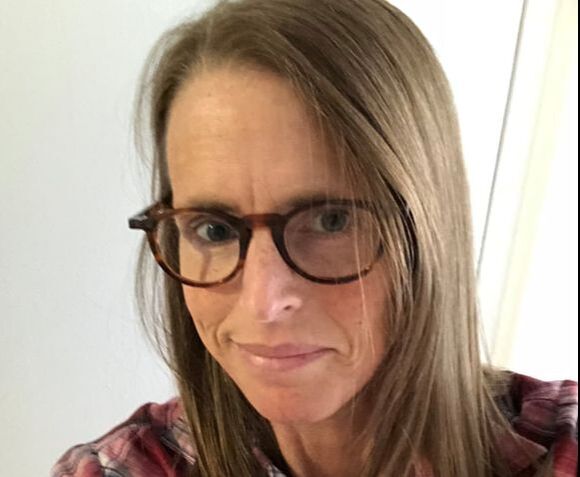Amy Frankel
MSW Intern, Restorative Justice Project Maine

I am incredibly grateful for my seven months working with RJP Maine. This was my first field experience as a graduate student in social work and I really didn’t know what to expect. Luckily, I landed in the midst of a highly principled, hardworking, mission-driven group of exceptional people who manage to deliver services far beyond the expected reach of an organization of this size. One of the advantages of being placed in an internship like this is the variety of experiences that can unfold in a relatively short period of time. When you add in Covid-19, you get a recipe for a truly unforgettable experience.
Through my involvement in the community resolution conferencing process, I observed adolescents redirect their paths and avoid further involvement with the juvenile justice system as they were able to take responsibility, repair the harm they caused, find their best selves and define their own way forward. I now better understand the need for youth to have opportunities to nourish connections with peers and supportive adults. I met individuals who were harmed and heard them speak about their experiences. I saw individuals empowered and communities strengthened by convening in-person, and even via Zoom, so that repair agreements could be imagined and delivered. I witnessed healing, growth and connection.
At the other end of the spectrum, I witnessed the ways in which restorative practices positively affected adults who had been incarcerated by providing a network of support as they reentered their communities.
Along the way, I met sheriffs and other members of law enforcement, attorneys, victim advocates, parents and guardians, mentors, volunteers, legislators and community members, who each had an important role in this process.
I participated in meetings to provide support for the development of the Law Enforcement Assisted Diversion (LEAD) pilot in Knox and Waldo County. The goal of the LEAD pilot is to address issues such as conflict, substance use, mental health or housing in order to connect folks with resources to address their needs prior to or in lieu of their involvement with the justice system. This pilot is the result of listening to the community to understand its needs and then developing a plan to work together to contribute to the well-being of all members of our community.
A community is like a fabric. It is only as strong as the manner in which each of the threads that make that fabric are woven together. Strength, resilience, warmth, and empathy come from the combination of all of those individual, interconnected threads. RJP Maine works at the center of this, weaving together these individual elements to create a stronger fabric through which our communities can thrive.
I have learned to truly listen and better recognize the importance of making time to authentically engage with others. I understand the importance of meeting people where they are and learning from their lived experience. For me, social work is not about rescuing people. It is about providing support and working with individuals to allow them to discover their own strength, resilience and capabilities.
Through all of my work at RJP Maine, I have developed a new appreciation for the importance of relationships. I have hope for the future. Anything is possible if we can come together to make things better for our communities and we can do this through our effort to build and sustain relationships with one another.
I will be carrying all that I have learned with me as I complete my last year of the graduate program in social work at the University of Maine. Looking back, I know my life has been changed by this learning adventure. It was an honor to be a part of this organization and I will remain dedicated to the expansion of the use of restorative practices in the state of Maine.
